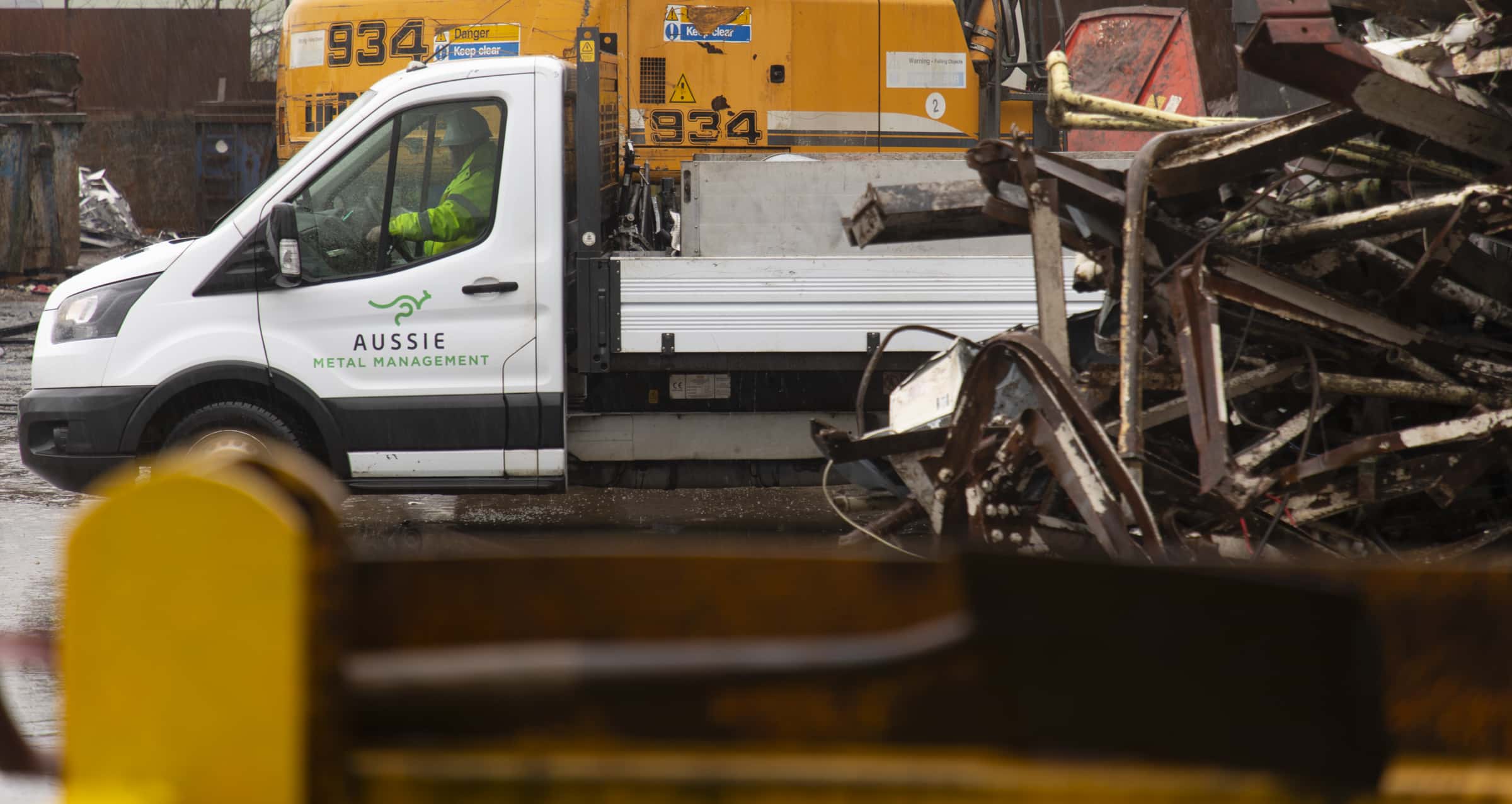Like most countries around the world the UK is committed to combatting climate change and one of the ways this is being done is by recycling. And while some sectors are sadly lacking behind when it comes to recycling, the scrap metal industry is leading the way thanks to the potential for most metals to be recycled time and time again without any loss of quality.
Metal has the ability to provide a truly circular economy and thanks to recycling around 75% of all the aluminium ever produced remains in use. And these figures are set to increase as we become ever more aware of our impact on the environment and climate change.
Recycling scrap metal is one of the most effective ways of reducing our environmental impact when compared to producing the same product from the raw material. Steel is one of the best examples of the staggering energy savings that can be achieved from recycling compared to creating new steel.
When compared to producing steel from raw material every tonne of RECYCLED STEEL produced SAVES:
- Approximately 70% in energy usage
- 5 tonnes of iron ore and 0.5 tonnes of coal
- 40% in water usage
- 1 tonne of CO2
- 75% reduction of CO2 emissions
The figures are simply startling and help to highlight the impact that scrap metal recycling has on helping to combat climate change. In fact, when compared to the energy required to produce metal from virgin ore, the amount of energy saved when using different recycled metals is up to:
- 74% for steel
- 85% for copper
- 95% for aluminium
Scrap metal recycling can help to reduce our reliance on the extraction of non-renewable metal ores through mining. Mining depletes our natural resources as well as causing pollution from the mines and the production of the raw material.
Using secondary raw materials recycled from scrap metal helps to greatly reduce our use of natural resources such as iron ore, alumina and bauxite which are used in the production of metal compounds such as steel and aluminium.
The UK has a strong scrap metal industry which further helps to combat climate change by minimising pollution caused by the long-distance transportation of raw materials used in metal production.
According to the latest EU data the percentage of new materials being made using recycled metals is currently:
Aluminium – 39%
Copper – 32%
Lead – 74%
Steel – 42%
Zinc – 20%
Finally, using recycled materials in the production of metal products is also reducing our CO2 emissions by over 200 million tonnes each year. That’s the equivalent CO2 emissions of 77 million cars per year. Simply put, by recycling your scrap metal you really are helping to combat climate change by reducing our impact on the environment.
Aussie Environmental Ltd

